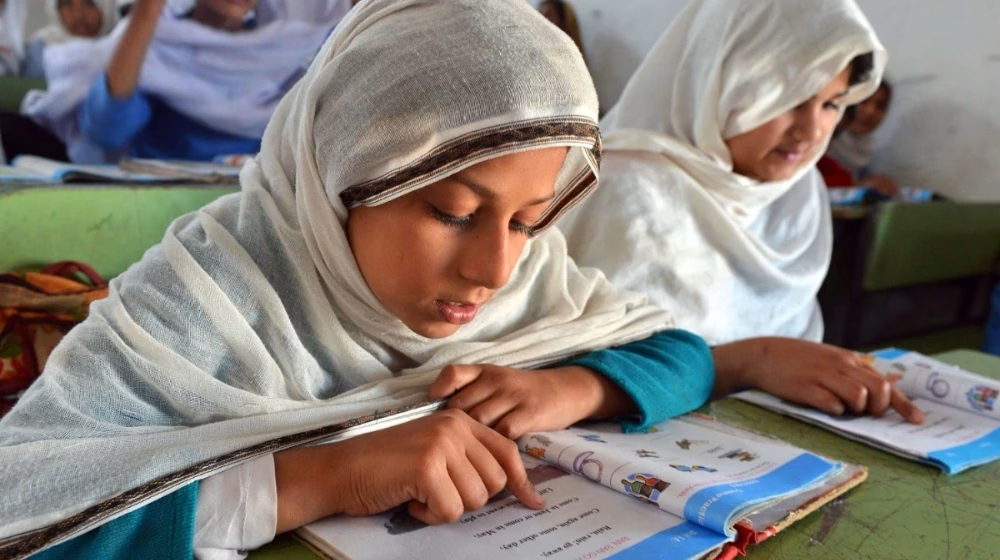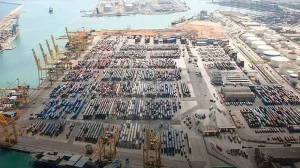Islamabad, July 3, 2025: ‘Sindh’s curriculum better than other provinces’ stated Sindh Education Minister Syed Sardar Ali Shah as he denied the statements made by Awaam Pakistan Party (APP) Secretary General Miftah Ismail and termed the Planning Commission of Pakistan’s District Education Program Index report as ‘contrary to facts.’
The provincial education minister in a released statement said the report referred to by Miftah Ismail was drafted ‘without understanding ground realities.’
Syed Sardar Ali Shah’s remarks were a reaction to Miftah Ismail’s press conference, where he blamed the Pakistan People’s Party-led Sindh government for dragging the province backwards in education and other areas.
“Sindh had a literacy ratio of 58 per cent in year 2008, which has dropped to 57.5percent in year 2025. During this period 4,000 billion were spend over education in Sindh. In Sindh three-fold children drop out of schools in comparison to Khyber Pakhtunkhwa,” Miftah noted while referencing the report.
Syed Sardar Ali Shah, in reply, criticised the institutions based in Islamabad, saying, “They play the role of mere ‘desk analysts’ without understanding ground realities.”
READ MORE: Sindh Govt Launches Education Digitalization Drive
Moreover, he underlined what he described as the Sindh education department’s accomplishments that according to UNESCO’s evaluation, Sindh’s curriculum surpasses those of other provinces.
He pointed out that the data cited in the report is limited to 2022-23, a time severely impacted by devastating floods in Sindh that displaced many until early 2023, thereby distorting the actual figures.
READ MORE: Sindh Hikes Education Budget by 12%
He further noted that according to the same report, student enrollment in Sindh has seen an upward trend. “The same report shows 3.2 percent enrollment increase in primary, 7.6 percent in middle, 5 percent in high, and 8.8percent in higher secondary—yet also shows a decline in literacy rates, which is a clear contradiction.” he added.
While criticizing the ‘lack of consultation’ with provincial authorities before conducting such assessments, the minister remarked that education falls under the provincial domain.









